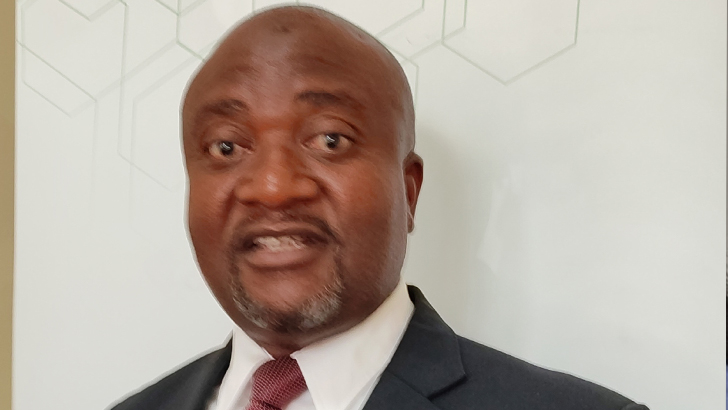Minister of Energy Ibrahim Matola has backed National Oil Company of Malawi’s (Nocma) proposal to have a 90 percent control of fuel imports.
He said in an interview on Tuesday that fuel is a security commodity that needs to be controlled largely by the government.

Said Matola: “These are issues which are under negotiations, but as we are saying, this is a security commodity and it cannot just be given anyhow.
“So, let other players also understand why the government is doing this through Nocma.”
If implemented, the move will see the import quota for Nocma rise from 50 percent to the proposed 90 percent.
This means Petroleum Impor t e r s Limi t ed (PIL), a consortium of oil marketing companies which complements Nocma in the fuel imports, will be left with 10 percent from its current 50 percent share.
Matola justified the move, saying the government wants to avoid a situation where fuel would be scarce like in 2010-2012.
The situation led government to establish Nocma and to solve the fuel shortage problem, the Malawi Energy Regulatory Authority (Mera) introduced the Bulk Procurement System and Strategic Fuel Reserves (SFR) which necessitated changes in the mode of purchase of fuel and its storage.
But in an interview on Wednesday, PIL general manager Martin Msimuko said as long as they do not have it in writing from the ministry, they would not comment.
He said that in November 2021, PIL requested the position on the matter the matter and were told that there is no change in policy.
Said Msimuko: “The position remains that we are a 50-50 player and that they will advise us if there will be any changes.
“So, we are waiting for that position shift from the ministry and that is when we will be able to comment ably on the issue of the 90-10 percent.”
He said PIL has always managed to effectively supply its 50 percent share to its four oil marketing companies, namely Vivo Energy, Puma Energy (Malawi) Limited, TotalEnergies Marketing and Petroda (Malawi) Limited.
Amid the forex scarcity, Msimuko said they continue to receive support from various commercial banks describing it as a relief.
A source familiar with the transactions said changing the fuel imports quota would mean changing the law as the Liquid Fuels and Gas (Production and Supply Act) provides for a non-discrimination level playing field.
The source said if Nocma decides to get a 90 percent stake on the fuel imports, it would mean government creating a discriminatory operating environment that would be prohibiting other players.
Until 2000, fuel importation was being regulated by the government through the PCC.
However, government abandoned its mandate to control the fuel industry when it established Mera to take some of the duties of PCC albeit with a different mandate.
Source: The Nation_May 12, 2022_By Lloyd Chitsulo-Staff Reporter
